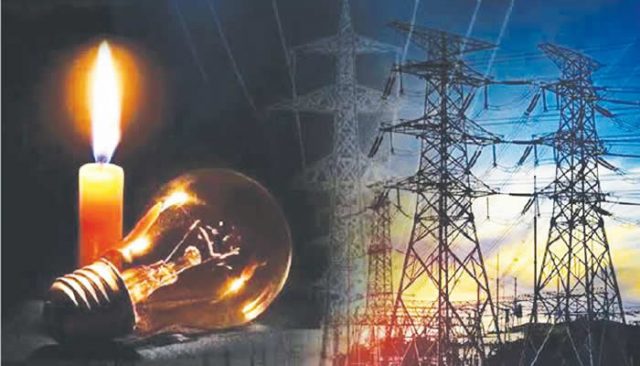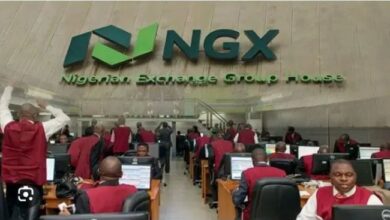RMAFC, NBET Forge Alliance to Tackle Nigeria’s Power Sector Woes

Nigeria’s troubled power sector has once again come under the policy spotlight, as the Revenue Mobilisation Allocation and Fiscal Commission (RMAFC) and the Nigerian Bulk Electricity Trading Plc (NBET) entered into a strategic dialogue to strengthen collaboration and address systemic challenges.
The engagement, which took place during a courtesy visit by RMAFC’s Investment Committee to NBET headquarters in Abuja, underscores the growing urgency to restore confidence in the Nigerian Electricity Supply Industry (NESI), plagued by liquidity shortfalls, stranded generation capacity, and persistent inefficiencies.
Understanding the Partnership
Leading the delegation, Mr. Ekene Enefe, Commissioner representing Anambra State, emphasized that the visit was consistent with RMAFC’s constitutional mandate under Section 6(2) of the RMAFC Act (2025), which empowers the body to demand and review financial and operational data from government agencies.
According to Enefe, the committee sought direct clarity on NBET’s role in the electricity value chain, especially in light of rising concerns about indebtedness to the Niger Delta Power Holding Company (NDPHC). He stressed that RMAFC is reviewing the broader revenue allocation formula, with a view to guaranteeing sufficient fiscal support for power infrastructure and critical federal projects.
NBET’s Crucial Role
Responding, Mr. Johnson Akinnawo, Managing Director of NBET, described the agency as a “special trader” in NESI—purchasing power from generation companies (GenCos) and reselling to distribution companies (DisCos).
He explained that NBET’s operations are designed to stabilize the market through bankable Power Purchase Agreements (PPAs) that de-risk private sector investment. However, Akinnawo clarified that debt recovery and real-time revenue oversight fall under the jurisdiction of the Nigerian Electricity Regulatory Commission (NERC) and the Central Bank of Nigeria (CBN).
On NDPHC’s concerns, Akinnawo pledged to furnish RMAFC with a comprehensive list of outstanding debts owed by GenCos, while also proposing an interactive, multi-agency session to improve transparency and strengthen sector governance.
Why This Matters
The Nigerian power sector continues to operate below 5,000MW of effective generation, despite an installed capacity of over 12,500MW. The gap between production and distribution is widened by liquidity constraints, estimated at over ₦1.6 trillion, with NBET at the heart of the funding bottleneck.
For RMAFC, engaging NBET signals a recognition that revenue allocation reform must align with the urgent need for energy stability. Without adequate fiscal provisioning, the Federal Government’s investments in transmission expansion and rural electrification risk being undermined by a weak distribution ecosystem.
For NBET, the partnership with RMAFC provides political backing to pursue tougher enforcement on DisCos and GenCos, while pushing for more bankable financial flows in the sector.
Expert Insights
From a development economics perspective, the collaboration is timely. Nigeria’s ambition to become a regional manufacturing hub under the AfCFTA framework hinges on reliable power. Yet, industrial players continue to grapple with diesel costs, generator dependency, and erratic supply.
By tying revenue allocation reform to the realities of the power sector, RMAFC could create a fiscal safety net that ensures predictable investment in energy infrastructure. Equally, NBET’s efforts to strengthen PPAs and investor confidence may help unlock much-needed private sector financing for renewable energy, gas-to-power projects, and transmission upgrades.
Bottom Line
Nigeria’s electricity sector cannot achieve sustainability without structural reforms that blend fiscal support, market discipline, and private capital. The emerging partnership between RMAFC and NBET is therefore more than a bureaucratic handshake—it is a potential pivot towards restoring investor trust, unlocking trapped capacity, and powering inclusive growth.
For Nigerians, the ultimate measure will not be in policy pronouncements, but in stable, affordable electricity that drives industrialisation and improves livelihoods.








